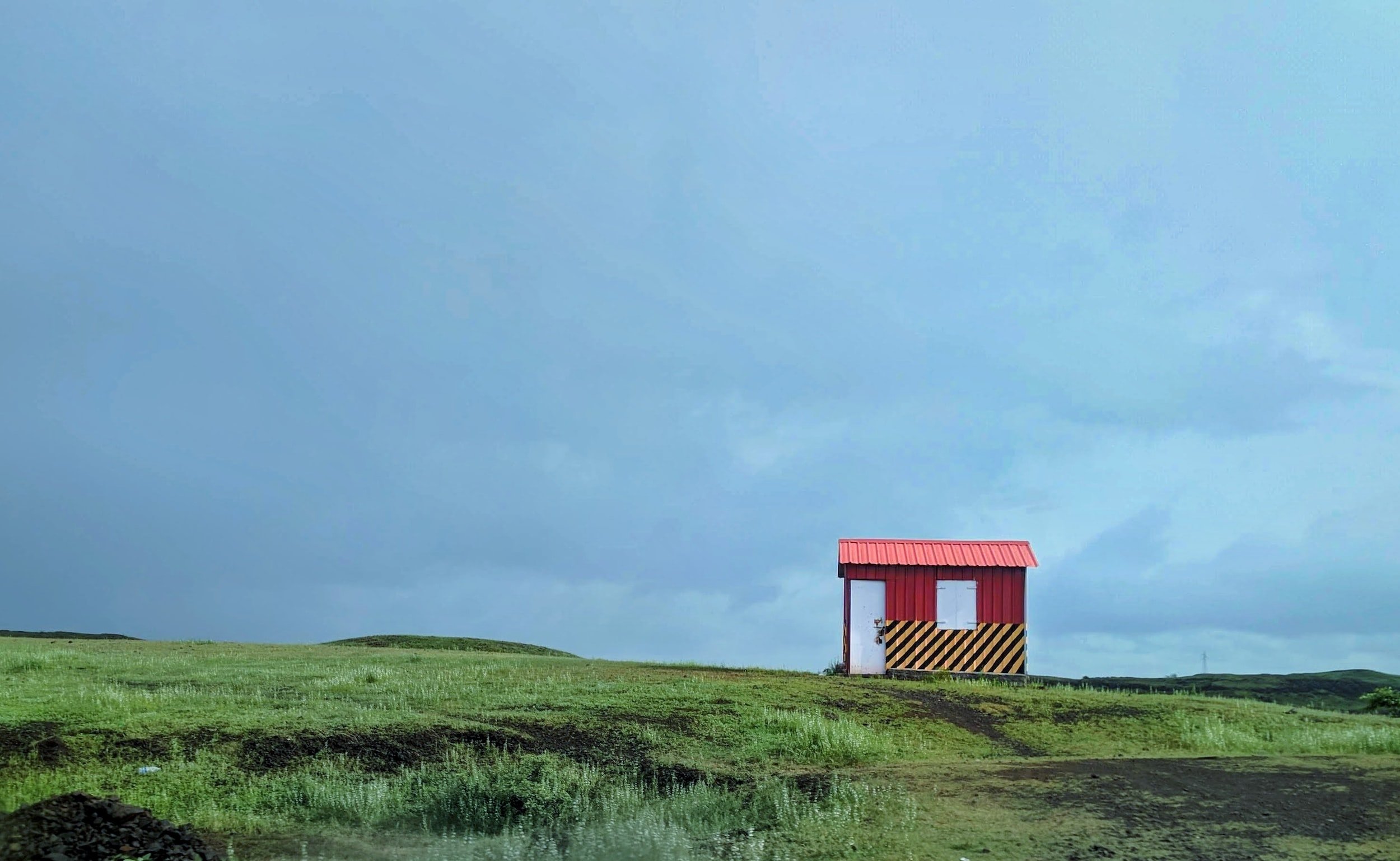
The Journey of Lament
On September 15, 2024, we will gather at the Ives Park gazebo in Potsdam for an interfaith vigil of solidarity to remember the survivors of child abuse in the North Country. Whether you are a survivor of child abuse or a loved one of a survivor, please join us.

12 Questions You Should Ask Your Pastors
If a pastor argues that reporting child sexual abuse is a matter of personal judgment, the congregation has the biblical duty to ask further questions. It is essential not only to ascertain whether it’s safe to remain at the church but to also ensure that all vulnerable people are protected.

Open the ledgers
It means a reordering of resources and attention, a casting down of the powerful and exalting the lowly, an unflinching attempt to humbly engage something that isn’t crisply & mathematically defined—the unquantifiable wreckage of both individual and collective sin.

Frequently Asked Questions about the CARE Act
We’ve compiled some answers to the most commonly asked questions about the CARE Act.

Betrayal Blindness
People in high-control groups cannot allow themselves to fully engage with reality. Why? Because acknowledging the truth would threaten the church relationships that they depend upon for survival.

Child Abuse and the Lutheran Confessional: A Call to Elevate Christ’s Teachings on Children above Church Traditions
The Lutheran concept of private confession is a human doctrine not found in Scripture. As a result, it must give way when keeping a confidence violates the clear commands of Scripture. In the case of child abuse, Jesus clearly commanded his followers to protect children from abuse and this directive must take precedent over tradition.

The Danger of Inadequate Child Protection Policies
Inadequate child protection policies are often more dangerous than the absence of a policy because nominal policies allow church members to believe that they are safe when they are actually in grave danger.

The Kingdom of Children
View the recording from our Zoom discussion with R.L. Stollar about his forthcoming book, The Kingdom of Children.

An Introduction to Child Liberation Theology
In today’s world that sees children as having no rights themselves, but rather sees parents as almighty rulers over their property, Jesus’s point stands out. By lifting up children, Jesus really is making the last first. He is making clear that children deserve the same rights, and bear the same value, as adults.

Suffer the Children: Developing Effective Church Policies on Child Maltreatment
Although churches, synagogues, temples and other places of worship are increasingly implementing policies to protect children from abuse, the policies adopted are often inadequate and of limited value. This article includes ten concrete suggestions for faith institutions that will aid in developing and implementing policies more likely to keep children safe.

We’re heading to Albany
On May 3, CFCtoo will be joining forces with Rabbi David Ingber from Romemu and other proponents of child welfare to speak with New York State legislators on the importance of the CARE Act.

Make clergy members mandatory child abuse reporters
Well-meaning pastors are not qualified to rehabilitate offenders. Coupled with naivete about recidivism, this leaves children vulnerable to continued abuse. Instead of offering abusers endless chances to “repent,” pastors should focus on immediately protecting victims.
Pastors are front-line responders to disclosures of abuse; their failure to report concerns or suspicions leaves a gaping hole in critical response efforts. The CARE Act would make members of the clergy required reporters of mistreatment.

Why we CARE
Child sexual abuse is heinous and tragically common in church settings. Strong evidence suggests that child predators are attracted to churches. Sexual abusers benefit from Christian teachings on repentance and forgiveness; if they’re caught, they can simply performatively express remorse, rely on unwise church practices that grant access to all in the name of grace, and then secretly continue their abuse.

The Quiverfull Families Next Door: Part 4
Because Quiverfull communities like CFC preach patriarchy as the only biblical framework, individuals who challenge the gender hierarchy must be labeled rebellious and sinful.

The Quiverfull Families Next Door: Part 3
Homeschooling can be a dangerous tool in the hands of abusers and those who believe they have a God-given right to exert total control over another human being. Children who are homeschooled have very little access to mandated reporters. Sometimes homeschooled children are also “home-churched,” further isolating them, or participate in churches where abuse or neglect is endorsed or will go unreported.

News Conference: Gary’s Statement
Today the New York State Council of Churches stands in solidarity with our sisters and brothers
who advocate for the passage and enactment of the CARE Act legislation in New York State.

Broken Arrows: Abuse is not love
CFC explicitly teaches that physical violence, emotional neglect, and isolation are necessary tools if loving parents want to make their children become faithful disciples of Jesus.

News Conference: James’ Statement
Clergy are called to be a pastoral presence and to journey with people during their trials and tribulations. We also need to know the limits of our calling and work with other professionals to stop harm. Therefore, I support the CARE Act to make clergy mandated reporters of abuse.

News Conference: Judy’s Statement
Christians are mandated reporters. We are mandated by Christ to care for the “least of these” among us - meaning the most vulnerable. In this case, the children.

News Conference: Tim’s Statement
This bill does not require clergy to report information reported to them during their duties as a faith leader. It would require them to be mandatory reporters for the same reasons that teachers, day care workers, doctors, and nurses are already mandatory reporters: because they are the trusted authority figures an abused child may rely on for help.
